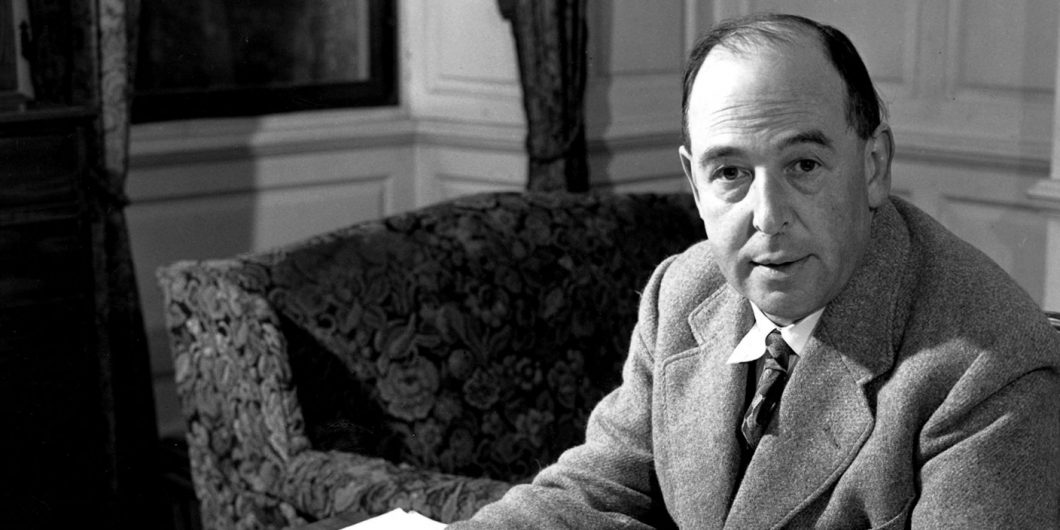Uncovering the Tao of C.S. Lewis
by Samuel Gregg

In the midst of World War II, Oxford University Press published a short book by a middle-aged don who used the way in which English was taught in secondary school to launch a defense of the idea that there is objective moral truth, that it contains deep content, and that we can know it. The author was a Fellow of Magdalen College, Oxford, where he taught literature. But C.S. Lewis had also acquired a formidable reputation as a Christian apologist, himself having embraced atheism at age 15 before returning first to theism in 1929 and then his Anglican faith of the orthodox variety in 1931.
Lewis’s short book The Abolition of Man (1943) was not, however, about religion in general or Christianity in particular. It was an affirmation of the claim that there is a self-evident moral ecology grounded in human anthropology which has been recognized in the world’s most prominent cultures, including non-Western societies. We deny, Lewis maintained, this moral reality at our peril. For to do so would not only amount to erasing our very identity as humans (ergo, the book’s title), but also because repudiation of this universal moral code leaves us helpless in the face of will-to-power types.
The Abolition of Man quickly became a best-seller and continues to be read today by people from all types of cultural and religious backgrounds. It has been praised by individuals across the philosophical spectrum ranging from Joseph Ratzinger to John Gray, Michael Polanyi, and Francis Fukuyama. Many today, including a good number of agnostics and atheists, find the present abysmal state of Western culture ample confirmation of the prophetic character of Lewis’s thesis.
